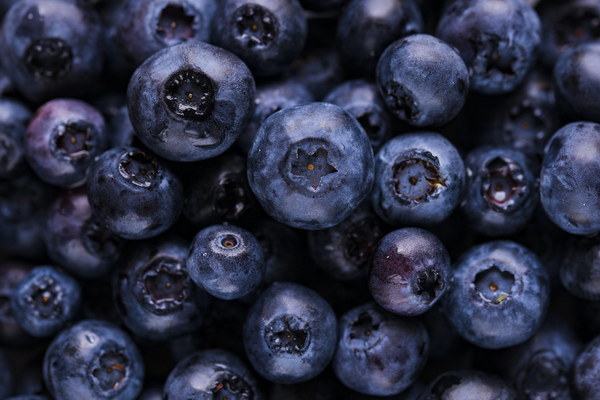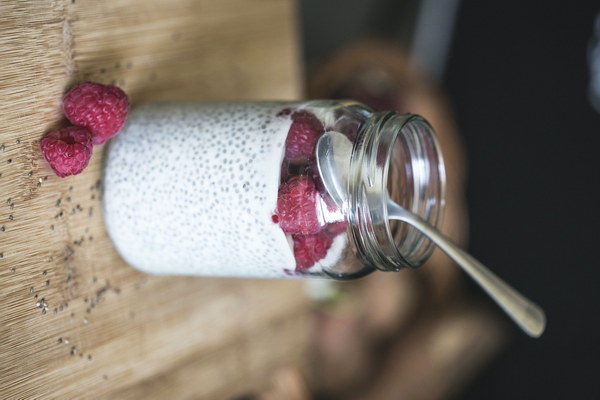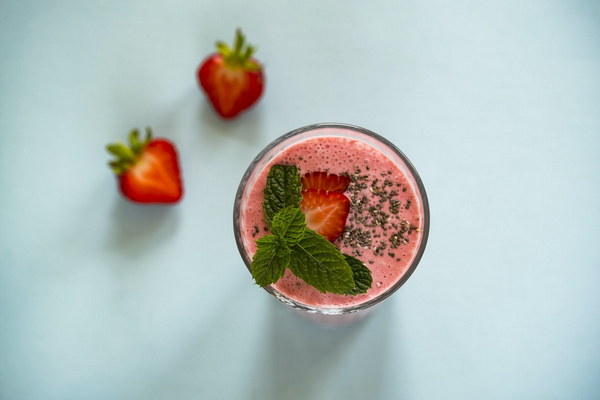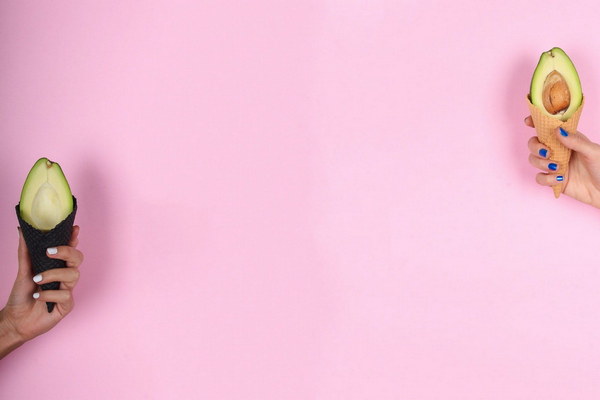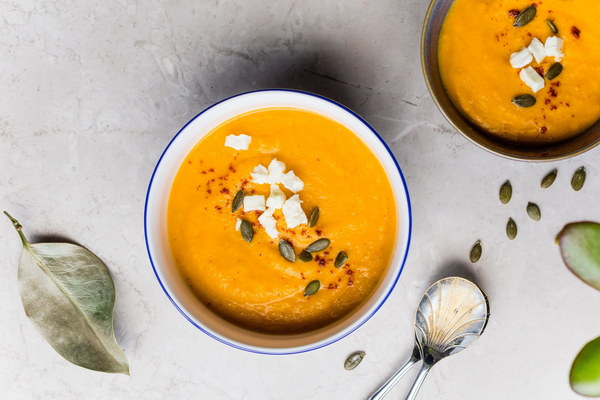The Healing Power and Cautionary Notes of Jicama A Nutritional Delight with Benefits and Restrictions
Jicama, also known as the yam bean or Mexican potato, is a root vegetable that has been gaining popularity for its numerous health benefits. This crunchy, sweet-tasting root has a low-calorie content and is rich in fiber, vitamins, and minerals. However, like any food, it is important to understand its nutritional properties and potential side effects. Let's explore the therapeutic benefits and precautions of jicama.
Therapeutic Benefits of Jicama:
1. Promotes Digestion: Jicama is high in dietary fiber, which helps to keep your digestive system healthy. The fiber can aid in preventing constipation, promote regular bowel movements, and reduce the risk of colorectal cancer.
2. Blood Sugar Control: Jicama has a low glycemic index, making it a suitable food for people with diabetes. It can help to control blood sugar levels by releasing glucose slowly into the bloodstream.
3. Boosts Immune System: This root vegetable is rich in vitamin C, which is essential for a strong immune system. Vitamin C can also help to reduce inflammation and improve skin health.
4. Aids Weight Loss: Jicama is low in calories and high in fiber, making it a great food for weight loss. It can help you feel full for longer, which may reduce your overall calorie intake.
5. Supports Heart Health: Jicama contains potassium, a mineral that helps to regulate blood pressure. It can also lower the risk of heart disease and stroke.
6. Anti-inflammatory Properties: The presence of vitamin C and other antioxidants in jicama can help to reduce inflammation in the body, which may alleviate symptoms of conditions like arthritis.
7. Hydration: With its high water content, jicama can help to keep you hydrated and maintain healthy skin.
Cautionary Notes of Jicama:
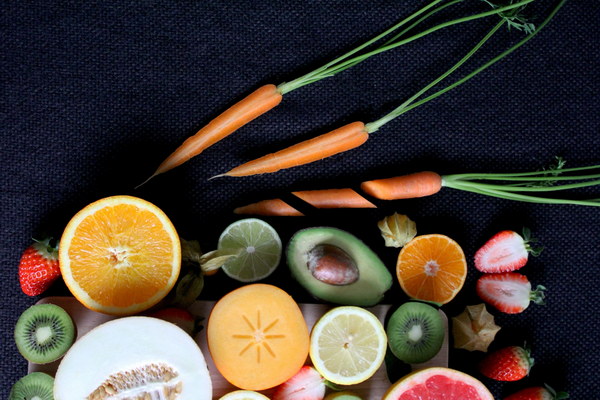
1. Allergies: Some individuals may be allergic to jicama or other members of the legume family. If you experience symptoms like hives, itching, or swelling after consuming jicama, seek medical attention immediately.
2. Digestive Discomfort: While jicama is high in fiber, it can also cause bloating, gas, and diarrhea in some people. Start with small portions and gradually increase the amount you consume if you're sensitive to fiber.
3. Blood Thinning: Jicama contains vitamin K, which is important for blood clotting. However, high doses of vitamin K can interfere with blood-thinning medications. Consult your healthcare provider before adding jicama to your diet if you are on blood thinners.
4. Kidney Function: People with kidney disease should avoid jicama due to its high potassium content. High levels of potassium can be dangerous for those with compromised kidney function.
5. Gout: Jicama is high in purines, which can exacerbate gout symptoms in some individuals. If you have gout, it is best to consume jicama in moderation.
6. Interaction with Medications: Jicama can interact with certain medications, such as blood sugar-lowering drugs. Consult your healthcare provider before incorporating jicama into your diet if you are taking any medications.
In conclusion, jicama is a nutritious and delicious food with many health benefits. However, it is important to consider its potential side effects and precautions before incorporating it into your diet. Enjoying jicama in moderation and consulting with a healthcare professional, if necessary, can help you reap its benefits while minimizing risks.

